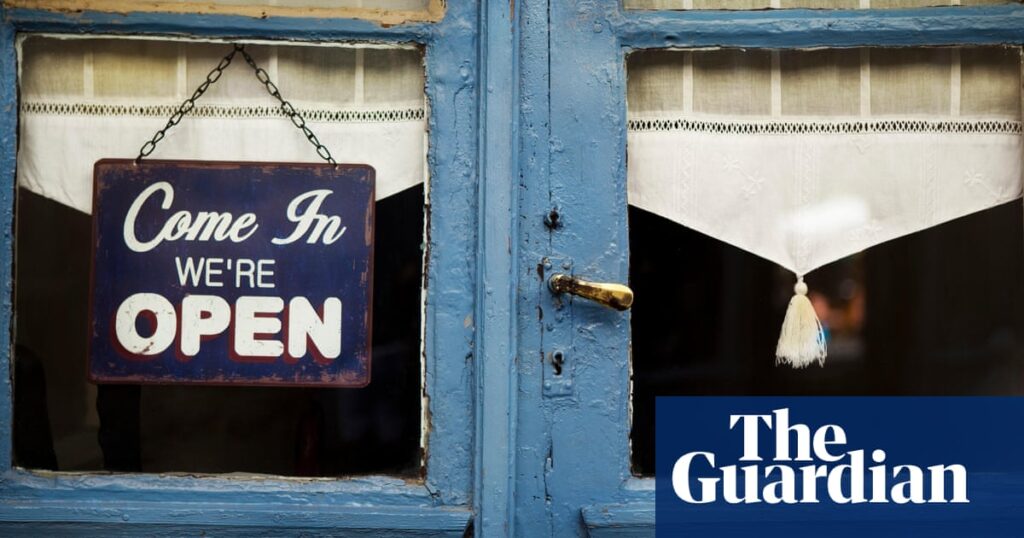When you hear the word “startup,” you might think of the millions of entrepreneurs who have launched new businesses over the past few years. But these are mostly freelancers, contractors, or people with full-time jobs that allow them to hustle on the side. The real startup story is happening quietly elsewhere: trillions of dollars of wealth are slowly being transferred to younger generations as baby boomers sell their businesses to people looking to start their own.
According to a new report from BizBuySell, a business brokerage and research site, the number of small businesses being sold has not only recovered to pre-pandemic levels but is growing rapidly. And the market for aspiring entrepreneurs is booming: Business owners who sold their companies in the second quarter of this year did so for 20% more than those who sold during the same period last year.
Baby Boomers are selling at a ferocious pace, and they’re just getting started. This isn’t all that surprising: According to the U.S. Small Business Administration, more than half of the nation’s small business owners are over 50 years old, and about 21% of the U.S. population was born before 1964. One study estimated that as of February 2024, baby boomers will own about 51% of privately held U.S. companies, roughly 3 million companies valued at $10 trillion.
“The reality is that 10,000 Baby Boomers retire every day, and that is likely the most important factor driving the market forward,” BizBuySell said.
Age isn’t the only factor driving this wealth transfer: economic, tax and political factors also play a role.
Despite interest rates being at a 20-year high, business sales are booming. This is because more deals are being financed by the seller, while buyers are using technology to better analyze their return on investment and have become more experienced at crunching numbers. As economies across the country recover from the pandemic, many business brokers predict that lower interest rates will lead to a significant increase in demand. Interest rates are expected to fall over the course of the year. According to BizBuySell, 24% of business buyers are waiting for interest rates to fall before purchasing.
Capital gains tax rates remain historically low, averaging 20%. As a result of the Tax Cuts and Jobs Act of 2017, estate tax exemptions for wealth transfers to younger generations are at their highest levels in recent history. However, all of these factors are subject to change depending on the outcome of the November election. In such a situation, many of my clients who wish to minimize the tax burden on business sales will have an incentive to enter into these transactions sooner rather than later.
So who are you selling to? Millennials, of course!
According to a report from Harvard Business Review, this generation is generally considered to have been born between 1981 and 1996, putting them squarely in the middle of the average age range for people starting their own businesses. Entrepreneurial dreams aside, the harsh realities of inflation, corporate job insecurity, and stock market volatility have many buyers looking for a more stable way to put their money to work, and owning a business gives them that level of control. And unlike Gen Z, who are still cutting their teeth in the business world, this generation has time to spend and money to spend.
BizBuySell reports that 35% of buyers today identify as corporate refugees, looking to “break away from corporate America in search of small business ownership independence.”
“Younger generations are more interested in owning a business than ever before,” said Emmett Apolinario of Ohio Business Advisors. “The market is flooded with entrepreneurs interested in buying a business, regardless of interest rates.”
The next startup opportunity is not Uber, Airbnb, or OpenAI. The real startup opportunity is to buy an existing manufacturing or service business and put your footprint there. Many young entrepreneurs understand this, and I expect many more will do the same in the coming years.



